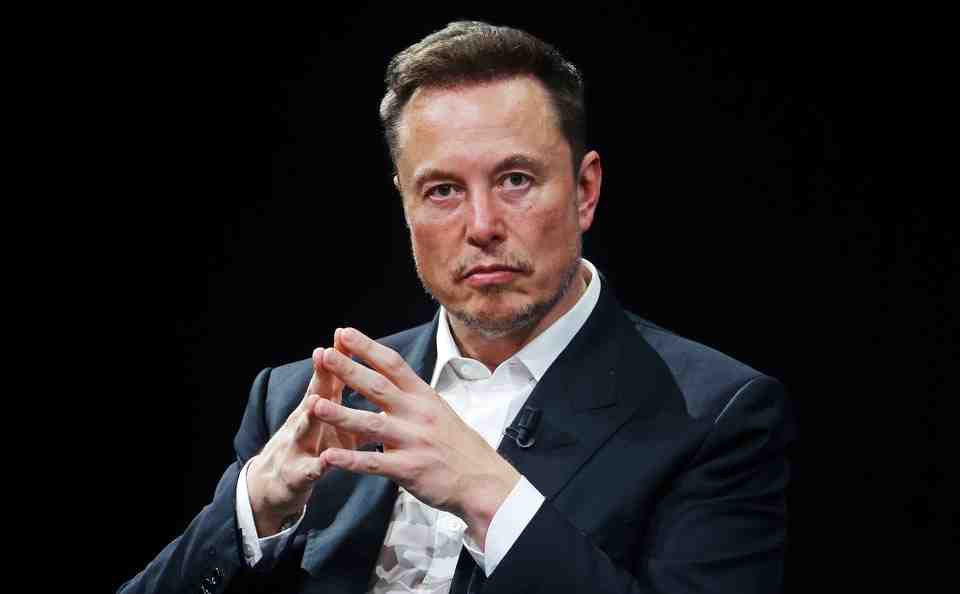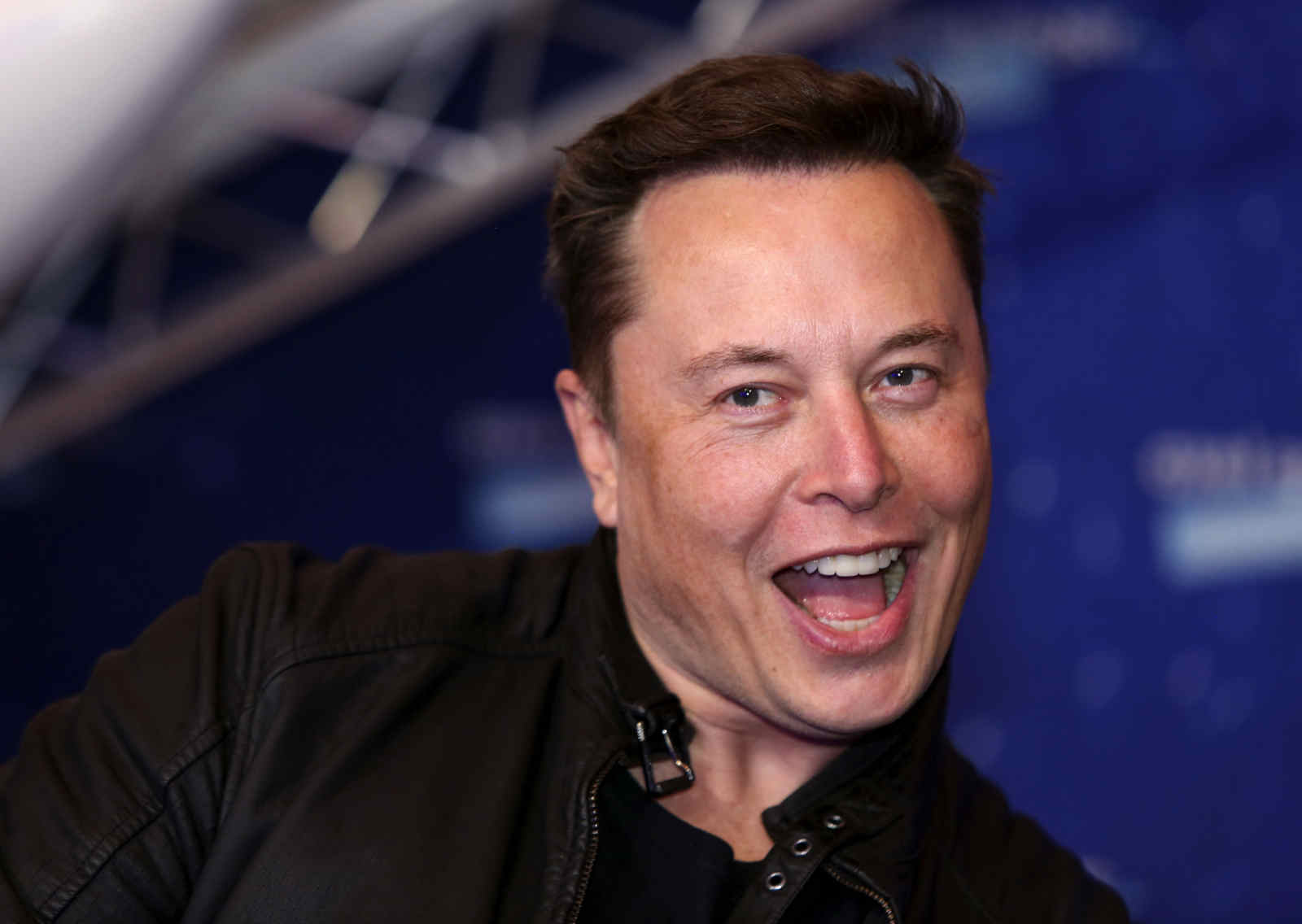
What’s the story behind the #MuskPedoFiles hashtag?
The hashtag #MuskPedoFiles has ignited Twitter’s (now X) underbelly, stirring intrigue and skepticism in equal measure. This digital wildfire implicates tech mogul Elon Musk in unsavory connections, including ties to Jeffrey Epstein. Originating from uploads like CoffeyTimeNews’ provocative post, users have dissected and debated Musk’s interactions within this dark web. Previously, Musk’s public perception teetered between visionary genius and contentious provocateur; now, these allegations pivot the narrative, prompting a closer look at the billionaire’s murky associations.

From tech mogul to controversial trending topic
There was a time when Elon Musk’s name evoked nothing but innovation and space-age dreams. That world has shifted. Over the past few weeks, the hashtag #MuskPedoFiles has trended on X (formerly Twitter), sparking debates that range from skepticism to outright accusations of **heinous misconduct**.
Much of the buzz links Musk to the late Jeffrey Epstein, insinuating a connection between the Tesla CEO and the disgraced financier. With Epstein’s history of exploitation well-documented, any alleged association casts a shadow on anyone involved. Users on X orchestrate threads and post screenshots, piecing together circumstantial evidence to imply Musk’s familiarity with Epstein.
Critics argue these claims lack solid proof and rely heavily on speculative connections. However, in the court of public opinion, perception often trumps reality. Articles and posts burst into viral controversies, as information – and misinformation – spreads like wildfire, emphasizing the importance of critical consumption of what we encounter on social media.

A closer look at the allegations
Elon Musk’s link to Jeffrey Epstein is a narrative many find hard to swallow. However, significantly, the narrative gained traction following CoffeyTimeNews’ viral post on X. Online sleuths have scrutinized every interaction, each photograph, and meeting. Musk has dismissed any direct, meaningful relationship. Yet, the whispers persist.
Historically, social media has played a deadly game of telephone with public figures. Remember #Pizzagate? Allegations can spiral quickly. However, one must discern evidence from fiction. The MuskPedofiles saga illustrates how compelling a tale of scandal can ensnare even the most esteemed personalities. It’s a digital witch hunt—a tactic as old as time, now on a grander stage.
The MuskPedofiles hashtag is fueling a broader discussion about the accountability of the super-rich. Amid all this, Musk’s fervent followers continue to rally behind him. Meanwhile, critics argue that Musk’s empire, built on innovation, may have untouchable roots. Regardless, this hashtag conflict underscores the dramatic power plays at the heart of modern tech and philanthropy.

Social sleuths amplify allegations
In the digital age, social media platforms like X have become hotbeds for amateur sleuths and armchair detectives. The hashtag #MuskPedoFiles has opened Pandora’s box, with users deconstructing every pixel of photographs and every word of Musk’s tweets, searching for incriminating clues that may or may not exist.
Musk has dismissed these allegations, branding them as baseless attacks and conspiracy theories. Yet, the internet is relentless. Accounts like CoffeyTimeNews stoke the fires by crafting elaborate threads, drawing connections between Musk’s social circle and Epstein’s infamous network. These posts whip up a storm, pulling in views and escalating the conversation.
Despite the digital fervor, there’s a distinct lack of concrete evidence. Legal experts and analysts caution against taking internet accusations at face value. Musk’s defenders stress the importance of fact over speculation, a sentiment echoed by media critics who urge a nuanced approach to consuming online content. Nevertheless, the #MuskPedoFiles frenzy highlights the growing intersection of tech, controversy, and social media detective work.

Notorious connections unravel online
There was a time when Elon Musk’s name evoked nothing but innovation and space-age dreams. That world has shifted. Over the past few weeks, the hashtag #MuskPedoFiles has trended on X (formerly Twitter), sparking debates that range from skepticism to outright accusations of heinous misconduct.
Much of the buzz links Musk to the late Jeffrey Epstein, insinuating a connection between the Tesla CEO and the disgraced financier. With Epstein’s history of exploitation well-documented, any alleged association casts a shadow on anyone involved. Users on X orchestrate threads and post screenshots, piecing together circumstantial evidence to imply Musk’s familiarity with Epstein.
Critics argue these claims lack solid proof and rely heavily on speculative connections. However, in the court of public opinion, perception often trumps reality. Articles and posts burst into viral controversies, as information – and misinformation – spreads like wildfire, emphasizing the importance of critical consumption of what we encounter on social media.

Some people admire him, others find him despicable, but who’s Elon Musk? Here’s all you need to know about this internationally known businessman.
The cautionary tale of digital accusations
The #MuskPedoFiles hashtag encapsulates the volatile nature of our digital age, where innuendo can spur intense scrutiny and speculation. This narrative highlights the fluidity between public perception and hard evidence. While Musk’s name invites both admiration and derision, it’s crucial to approach such allegations with discernment. The modern tech pioneer, now mired in controversy, serves as a reminder of the power and pitfalls of the online world.
In an era where everything is dissected and debated in the public square, the ramifications of such allegations—regardless of their truth—can be immense. It’s a sobering reminder to tread carefully through the quagmire of social media, to distinguish fact from fiction and to remain critically informed. This digital witch hunt illustrates how even current icons can be caught in the merciless churn of the internet’s collective judgment.



